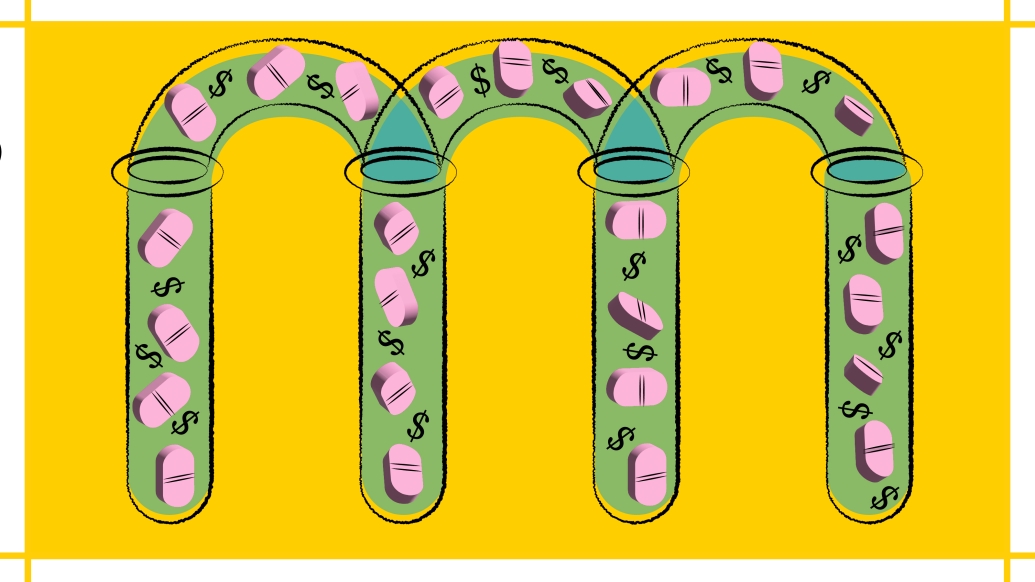Using weight-based doses and sharing single-use vials could save millions of dollars annually
10:25 AM
Author |

An analysis finds that up to millions of dollars could be saved annually on cancer immunotherapy treatments across the Veterans Health Administration by reconsidering how those drugs are delivered.
It’s a concept that could be applied to all cancer centers nationwide. Immune checkpoint inhibitors were initially tested and approved at weight-based dosages but then moved to one-size-fits-all flat doses, in part to reduce drug waste.
But researchers from the University of Michigan Rogel Cancer Center found that if vials intended for a single patient’s use are shared across patients, then physicians could deliver customized doses while also reducing waste and costs.
“Administering drugs in flat one-size-fits-all dosages is predictable and allows for single-use vials with less drug material being discarded. This gives the appearance of less waste to the payer,” said senior study author Garth W. Strohbehn, M.D., M.Phil., assistant professor of hematology/oncology at Michigan Medicine and an early career research scientist with the VA Ann Arbor Center for Clinical Management Research.
“But it conceals the fact that excess drug amounts may be administered to the patient, relative to what they need, which ultimately may be increasing usage and drug spending.”
To model the concept, researchers focused on data from the Veterans Health Administration, identifying records of patients who received at least one dose of any type of immune checkpoint inhibitor from a Veterans Affairs medical center in 2021 to create a simulation of how the drugs could be better stewarded.
This included using weight-based doses and combining single-use vials across multiple patients rather than discarding any extra among.
The VHA spends hundreds of millions of dollars per year on immune checkpoint inhibitors. The researchers found that combining weight-based dosing and single-use vial sharing within each VA hospital’s pharmacy would reduce immune checkpoint spending by 14%.
The study is published in Health Affairs.
“Evidence suggests that flat and weight-based dosing are equally effective in treating cancer. In an era of ever-rising drug prices and aging populations, adopting stewardship measures could markedly improve the cost-effectiveness of cancer care in our country,” said lead study author Alex Bryant, M.D., MAS, a radiation oncology resident at Michigan Medicine.
Additional authors: Zoey Chopra, Donna M. Edwards, Adam S. Whalley, Brian G. Bazzell, Julie A. Moeller, Michael J. Kelley, A. Mark Fendrick, Eve A. Kerr, Nithya Ramnath, Michael D. Green, Timothy P. Hofer
Funding for this work is from the Lung Precision Oncology Program (grant VA 150CU000182), LUNGevity, the Department of Veterans Affairs (grant I01 BX005267), the Melanoma Research Alliance, the National Cancer Institute (grants CA252010 and P30CA046592), the Breast Cancer Research Foundation
This work was supported by these Rogel Cancer Center Shared Resources.
Paper cited: “Adopting Weight-Based Dosing with Pharmacy-Level Stewardship Strategies Could Reduce Cancer Drug Spending by Millions,” Health Affairs. DOI: 10.1377/hlthaff.2023.00102

Explore a variety of health care news & stories by visiting the Health Lab home page for more articles.

Department of Communication at Michigan Medicine
Want top health & research news weekly? Sign up for Health Lab’s newsletters today!





